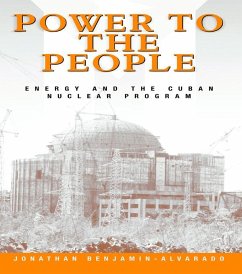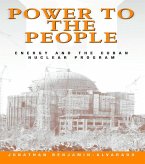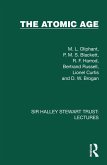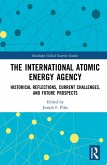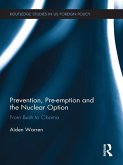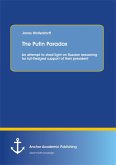Why would Cuba, an isolated and impoverished country, be trying to develop a nuclear energy capability and why would it attempt to expand its energy generation capability when it can barely feed its population? This book seeks to clarify the risks and opportunities associated with the development and expansion of the Cuban energy sector. Once reliant on imported fossil fuels as well as Russia1s willingness to underwrite its energy development schemes, post-Cold War Cuba is now confronted with the daunting tasks of expanding its energy capabilities while simultaneously replacing its energy infrastructure. Drawing on extensive fieldwork in Cuba, this book looks in depth at the economic, social, and political implications of what is rapidly becoming one of the next century1s most important public policy issues in Cuba.
Dieser Download kann aus rechtlichen Gründen nur mit Rechnungsadresse in A, B, BG, CY, CZ, D, DK, EW, E, FIN, F, GR, HR, H, IRL, I, LT, L, LR, M, NL, PL, P, R, S, SLO, SK ausgeliefert werden.

